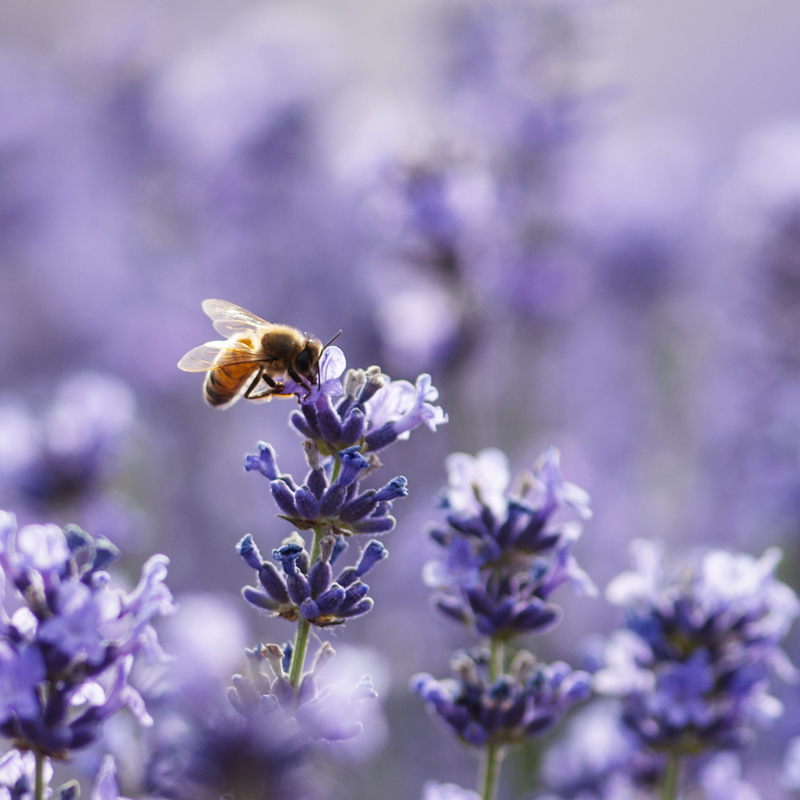Robin Dunbar is currently a member of the Editorial Board of Biology Letters, having previously been on the Proceedings B Editorial Board. Here, he talks to us about his career.

Tell us a bit about your research.
My principal research interests are in social evolution in mammals and birds, with a particular focus on primates and small bovids, and (thanks mainly to the emergence of the social internet) increasingly on humans. My approach has been a combination of top-down and bottom-up that tries to fit together the behavioural, ecological and sociological aspects of social ecology with the genetic, cognitive and neurobiological mechanisms that underpin it. Historically, much of this has involved field studies of the behaviour and ecology of small bovids and primates, and comparative analyses of brain evolution and social behaviour. But more recently my focus has shifted to a combination of field and laboratory studies of human social networks and their dynamics. This has involved collaborations with several groups of statistical physicists on big and small data network analysis, analytical and agent-based modelling of social processes and their associated time budgets, experimental studies of behaviour and cognition, neuroimaging studies of brain mechanisms using both fMRI and PET, and the psychopharmacology and genetics of the neuroendocrine mechanisms that underpin sociality.
What prompted you to work in this field?
I was first introduced to field work on primates an undergraduate in 1968 by accident rather than design (an excuse to travel in Africa). But as a direct result, field work dominated my interests for the next 40 years.
What has been the biggest influence on your career?
Probably my PhD supervisor, John Crook, the founding father of socioecology (the precursor of modern behavioural ecology), not least for his sheer range of interests and taxonomic breadth. But being a young postdoc in the seminal year of 1975 (when both Selfish Gene and Sociobiology were published) was a magical and influential experience.
What are the big challenges still remaining in your field?
We have spent the four decades since 1975 picking apart behavioural biology at the level of the individual, and rightly so. Now that we understand this so much better, the time has come to reassemble the individuals into the social systems they actually live in so as to examine the emergent properties of multilevel selection, especially in the more intensely social taxa where bonded sociality changes the evolutionary rules of engagement. Doing so raises the important new challenge of exploring the underpinning neurobiology of sociality, a topic that has, as yet, barely had its surface properly scratched.
Why did you join the Biology Letters Editorial Board?
As a previous Editorial Board member of Proceedings B, it seemed like a natural transition, and allowed me to continue contributing to improving the quality of science output.
What advice would you give to someone who want to submit to Biology Letters?
Keep it short, keep it simple and, above all, make sure it has a storyline that hits a major novel theme.
What do you do in your spare time?
What spare time? I once read novels and poetry, did a lot of hill walking and listened to music, but thanks to a large research group, the last seems to be all I have time for now.
If you weren’t a researcher, what would you be instead?
A writer (I once earned my living as a science writer).

